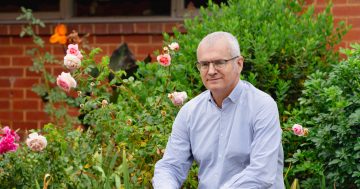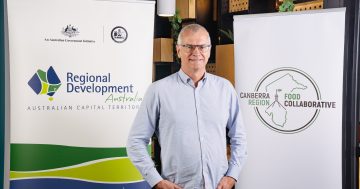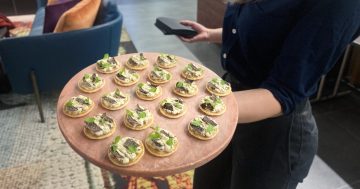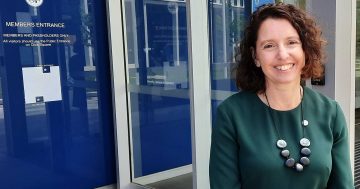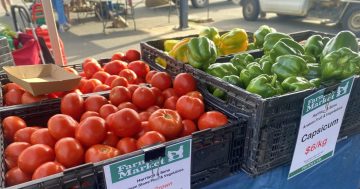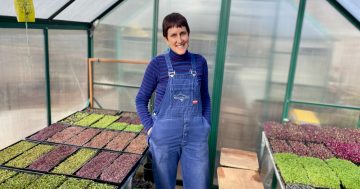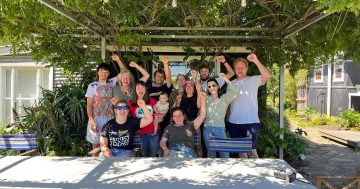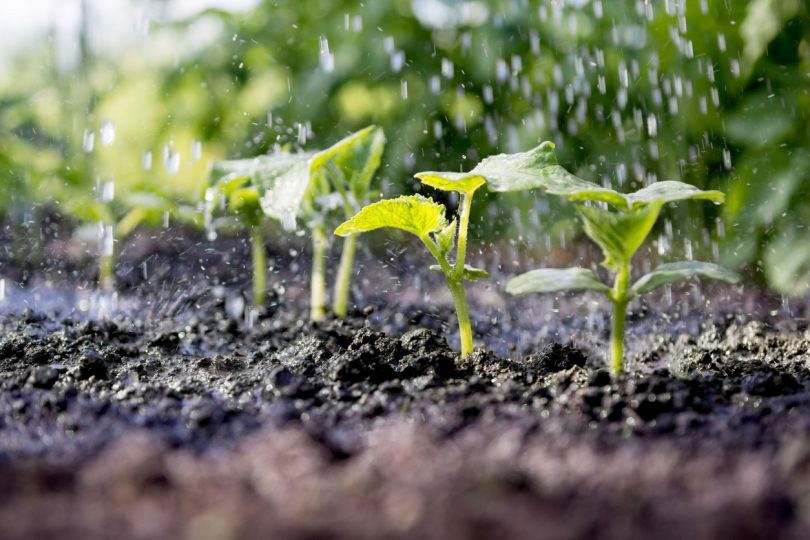
Canberra could generate the bulk of its leafy greens if we establish intensive urban farms. Photo: File.
The trials and tribulations of 2020 have shown up some surprising problems, including how we feed ourselves and keep our supply chains safe.
As bushfires raged, closing highways across the South East in one of the biggest natural disasters we’ve ever seen, regional communities found themselves shockingly short of food as the full extent of our dependence on the Sydney markets became clear.
Small scale bakers, dairies and vegetable growers scrambled to feed people until the roads could be cleared and the trucks could run again.
But surely a region as rich in produce as ours should be able to feed itself? That’s the question being asked by Food in the Capital, beginning in mid-November and aimed at answering some serious questions about how we feed ourselves.
The sustainable food event is the first of its kind for Canberra and the surrounding region. It’s spread over three days beginning 17 November 2020, and continuing next May and concluding in November 2021.
The program will feature more than 95 speakers discussing the latest innovations in rural and urban farming, together with practical solutions to food production, transport and sales. The focus is both practical and inspirational.
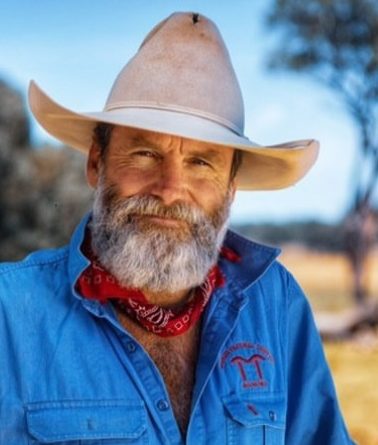
Boorowa regenerative farmer and podcaster Charlie Arnott will be at Food in the Capital. Photo: File.
Food in the Capital is the brainchild of the Canberra region’s Rural Development Australia committee. The local branch has a close working relationship with surrounding local governments in NSW, with the aim of growing regional business opportunities across the ACT and South East.
Canberra CEO Michael Claessens says that Food in the Capital exists to draw attention to and develop real ideas about how to boost our local food production and sell more food locally.
“In Singapore, they grow two-thirds of their leafy greens on the island, while 90 per cent of ours come out of Sydney”, he says. “Boosting agriculture in Canberra can be a feasible solution to that problem.”
The ultimate aim is to contribute to a detailed food plan that brings together urban and regional supply chain needs.
“We want to draw attention to good ideas including vertical and rooftop gardens and farms, but also to look at how to integrate them with our current systems,” Mr Claessens says.
“There are big questions circulating about how to do this better and some forward-thinking farmers are moving in this direction but the solutions have to be practically oriented as well as innovative.
“We want to ask questions about what Canberra can grow? What is already happening? How could we foster that activity? What business model would help to make this work?”
For people in the food business – farmers and manufacturers – there will be insights from experts on food markets and consumer trends. The event and its network will connect growers with restaurants, supermarkets and service providers, and create new marketing directions.
But for policymakers, community groups and thought leaders, there will also be much food for thought around creating viable local food ecosystems, and building food as a vehicle for reducing emissions, utilising food waste, greater social inclusion, food security and improved nutrition.
And finally, a city and region with fresh, clean and green local produce can drive tourism and exports.
Speakers include Henry Gordon-Smith from New York’s Agritecture, who believes that urban food, sustainability, good business and social impact can work together and that the timing is right now for a concerted systematic approach to building local food production.
Panels on sustainable urban and regional farming, building for food, vertical farming and food innovation will include local food growers and heroes like regenerative farmer Charlie Arnott, and Fiona Buining from the Ainslie Urban Farm.
The conference will look at climate issues, food innovation and the social aspects of harnessing local food production. Dr Alana Mann from Sydney University will talk about Sydney City Council’s FoodLab project, building on the experiences of many cities throughout the world that are moving strongly into food social venture.
“The commons, market gardens and the backyard are also essential building blocks. The trick is taking community with you and being able to engage,” Dr Mann says.
Canberra food farm tours will be hosted by Icon Water; the Department of Industry, Science, Energy and Resources; and Food in the Capital also has some passes to the event for people who have been adversely affected by the summer’s bushfires but would benefit from attending.
You can find out more about Food in the Capital here.












